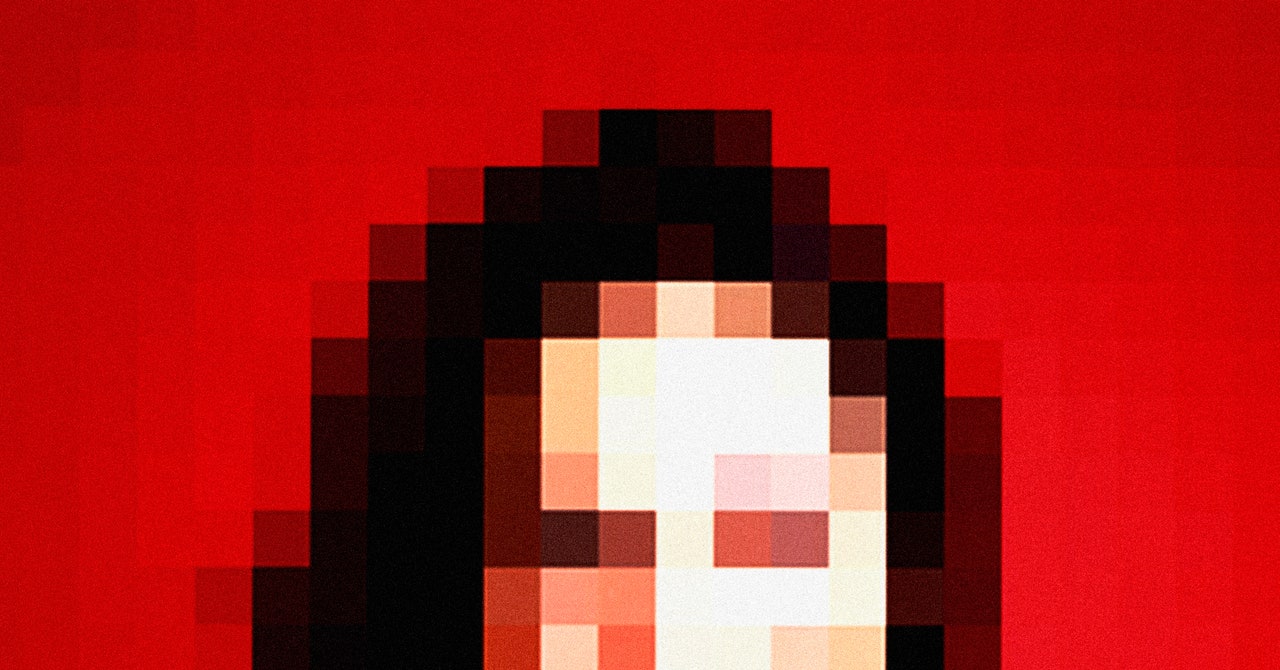Take, for example, the other recently solved internet mystery: The source of the song that became known as âEveryone Knows That.â After nearly three years of online investigative work, a pair of Redditors found the songâtitled âUlterior Motivesââafter hearing a similar song in an adult movie clip on YouTube and watching literal hours of porn that had possibly been scored by the songwriters credited on that clip.
During the hunt there had been speculation that the song was AI-generated or part of some stunt. If the detectives had gotten too distracted by that, or if someone had tried to use AI to âsolveâ the mystery by just making a similar track, those two never would have gotten to watch all that porn. They probably just wouldâve gotten embroiled in scores of online fights.
Celebrity Number Six and âEveryone Knows Thatâ are mysteries that, however slightly, predate the current generative AI boom, and as such seem to have avoided at least some of the fallout. While both investigations definitely exhibited the kind of caution necessary when determining the authenticity of anything online, their narrative arcs show the ways in which the internet is now even more untrustworthy than it used to be. This is far more true in the case of C6 than âEveryone Knows That,â but itâs hard to imagine any new mystery that pops up in their wake having fewer disagreements about what is real and what came from AI.
When the Times reached out to Sardá, she noted that sheâd been trying to enjoy her new fame. (Sheâs on TikTok now.) She said she was happy that people had gone to such lengths to find her, but also concerned about âhow far this could goâ and how much it would change her life. There was one thing, though, that seemed to give her comfort: âI can always hide.â
Loose Threads:
Cat memes are infiltrating the US election. Bear with me, because pretty much all of these threads are going to be about cats. The first one involves a baseless conspiracy that began floating around this week on social media that Haitian immigrants in Springfield, Ohio were eating cats (as well as ducks and geese). Ohio senator J.D. Vance referenced the conspiracy on X, and the platformâs owner, Elon Musk, posted several images of cats (and ducks) with captions like âSave them!â Texas senator Ted Cruz posted a meme-style image macro of a pair of embracing kittens with the text âPlease vote for Trump so the Haitian immigrants donât eat us.â It was accompanied by three cry-laughing emojis. Over on the Republican House Judiciary Committeeâs X account, there was a seemingly AI-generated image of Trump holding a duck and kitten in what appears to be a lake.
Cat memes hit the debate floor. The cat-eating conspiracy got an even bigger platform on Tuesday night when, during Trumpâs debate with Vice President Kamala Harris, he said, âTheyâre eating the dogs. Theyâre eating the cats.â The audio quickly migrated to TikTok where it was placed next to images of peopleâs pets. Memes of Alf, the alien sitcom star who famously always wanted to eat the family feline, also took off.
Taylor Swift (and her cat) endorse Kamala Harris. Lest you think the cat chat stopped there, it didnât. Mere moments after the debate ended, Taylor Swift grabbed her phone (presumably) and typed out an Instagram post that both decried AI misinformation and endorsed Kamala Harris. Swift signed it âChildless Cat Lady.â In the photo, sheâs holding a cat. As of this writing, the post has more than 10 million likes. Musk seemingly responded to Swiftâs endorsement by writing on X, âFine Taylor ⦠you win ⦠I will give you a child and guard your cats with my life.â He followed that up a few hours later with âToxoplasma gondii is a danger to our democracy,â essentially saying that a parasite that is carried by catsâand can make animals like mice not afraid of catsâcould reshape the government in America.
Kendrick Lamar dropped a new song on Instagram. After causing a major ruckus online by announcing that heâd perform the Super Bowl halftime show next year, Kendrick Lamar dropped a new track. Listen to it here.

